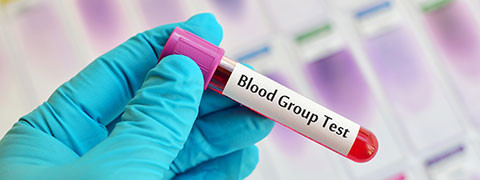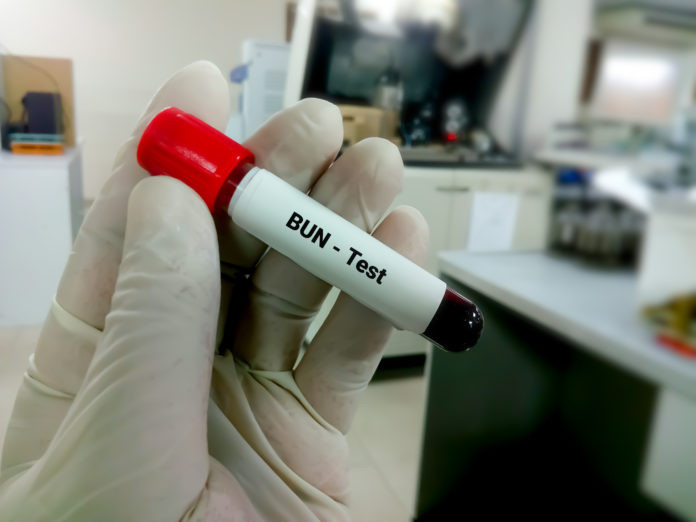Definition
Natriuretic peptides are protein hormones produced by the heart and blood vessels. There are two main types of these hormones:
- Brain Natriuretic Peptide (BNP)
- N-terminal pro b-type Natriuretic Peptide (NT-proBNP)
BNP plays a crucial role in managing blood circulation by dilating blood vessels. Normally, BNP levels in the blood are minimal.
Doctors use BNP tests to gain insights into the health of your heart and kidneys. Elevated levels of BNP in the bloodstream may indicate that the heart is struggling to pump blood effectively, a condition known as heart failure.
High BNP levels can also suggest impaired kidney function.
Indications
BNP testing is generally recommended to assist in diagnosing and managing heart failure. Specific purposes of the test include:
- Helping doctors determine the severity of heart conditions, particularly when symptoms of heart failure, such as shortness of breath, are present.
- Assisting in planning treatment for patients with worsening heart failure who may need hospitalization.
- Evaluating the effectiveness of ongoing treatments for heart failure.
Contraindications
There are no known contraindications for BNP blood tests.
Preparation Prior to Test
BNP tests do not require special preparation. However, if another test is scheduled simultaneously, fasting for several hours might be necessary. Certain medications can influence test results, so inform your doctor about any drugs you are taking.
Test Procedure
The BNP test involves drawing a small amount of blood from a vein in the arm. In infants, blood may be collected from the heel. The sample is placed in a specialized tube and analyzed with advanced laboratory equipment. The entire process takes about 15 minutes, and you can resume normal activities immediately afterward.
Some individuals may experience mild discomfort, dizziness, or bruising at the blood draw site, but these symptoms typically resolve quickly.
Normal and Abnormal Values
BNP levels are classified as:
- Normal: <100 pg/mL
- High: >400 pg/mL
- Requires medical advice: 100 - 400 pg/mL
Age-Based BNP Values
|
Condition |
Age |
BNP Value (pg/mL) |
|
Normal |
All ages |
<300 |
|
Possible heart failure |
Under 50 |
>450 |
|
Possible heart failure |
50 - 75 years |
>900 |
|
Possible heart failure |
Over 75 years |
>1000 |
In addition, the results of the NT-proBNP tests are classified as:
- Normal: <300 ng/L
- Requires medical advice:
- Age <50 years: <450 ng/L
- Age 50-75 years: < 900 ng/L
- Age >75 years: <1800 ng/L
- High:
- Age 450 ng/L
- Age 50-75 years: >900 ng/L
- Age >75 years: >1800 ng/L
Results and Recommendations (Follow-up Tests)
Normal
A normal blood BNP level indicates that your heart and kidneys are functioning well, and your body is in good balance. To maintain this condition, adopt a balanced diet, engage in regular physical activity, and schedule routine health checkups.
High
Elevated BNP levels may indicate several conditions, such as:
- Potential heart failure
- Kidney failure or undergoing dialysis
- Certain respiratory issues, including pneumonia, lung disorders, or chronic obstructive pulmonary disease (COPD)
- Other heart-related disorders, such as atrial fibrillation or cardiomyopathy
Higher BNP values may also be influenced by factors like age, gender, body mass index (BMI), medical history, and more. Women tend to have slightly higher BNP levels than men, while individuals with obesity often show lower BNP values. For a detailed understanding of your results, it’s best to discuss them with your doctor.
Consult the Right Doctor
If your BNP test results are abnormal, consult a general practitioner for an accurate diagnosis and treatment plan. Depending on your condition, you may also need to consult an internist or a pediatrician for children’s BNP-related concerns.
Looking for more information about laboratory, radiology, and other examination results? Click here!
- dr Ayu Munawaroh, MKK
BNP and NT-proBNP. (2022). Retrived 05 August 2022, from https://www.testing.com/tests/bnp-and-nt-probnp/
Natriuretic Peptide Test (BNP, NT-proBNP). (2022). Retrieved 05 August 2022, from https://medlineplus.gov/lab-tests/natriuretic-peptide-tests-bnp-nt-probnp/
B-Type Natriuretic Peptide (BNP) Test. (2022). Retrieved 05 August 2022, from https://my.clevelandclinic.org/health/diagnostics/22629-b-type-natriuretic-peptide
Heart Failure and the BNP Blood Test. (2020). Retrieved 05 August 2022, from https://www.webmd.com/heart-disease/heart-failure/bnp-blood-test
BNP (Blood). (2022). Retrieved 05 August 2022, from
https://www.urmc.rochester.edu/encyclopedia/content.aspx?contenttypeid=167&contentid=bnp_blood
BNP : An Importat Cardiac Test. (2022). Retrieved 05 August 2022, from https://www.health.harvard.edu/newsletter_article/bnp-an-important-new-cardiac-test
BNP Testing. (2022), Retrieved 05 August 2022, from https://stanfordhealthcare.org/medical-tests/b/blood-test/types/bnp-testing.html












